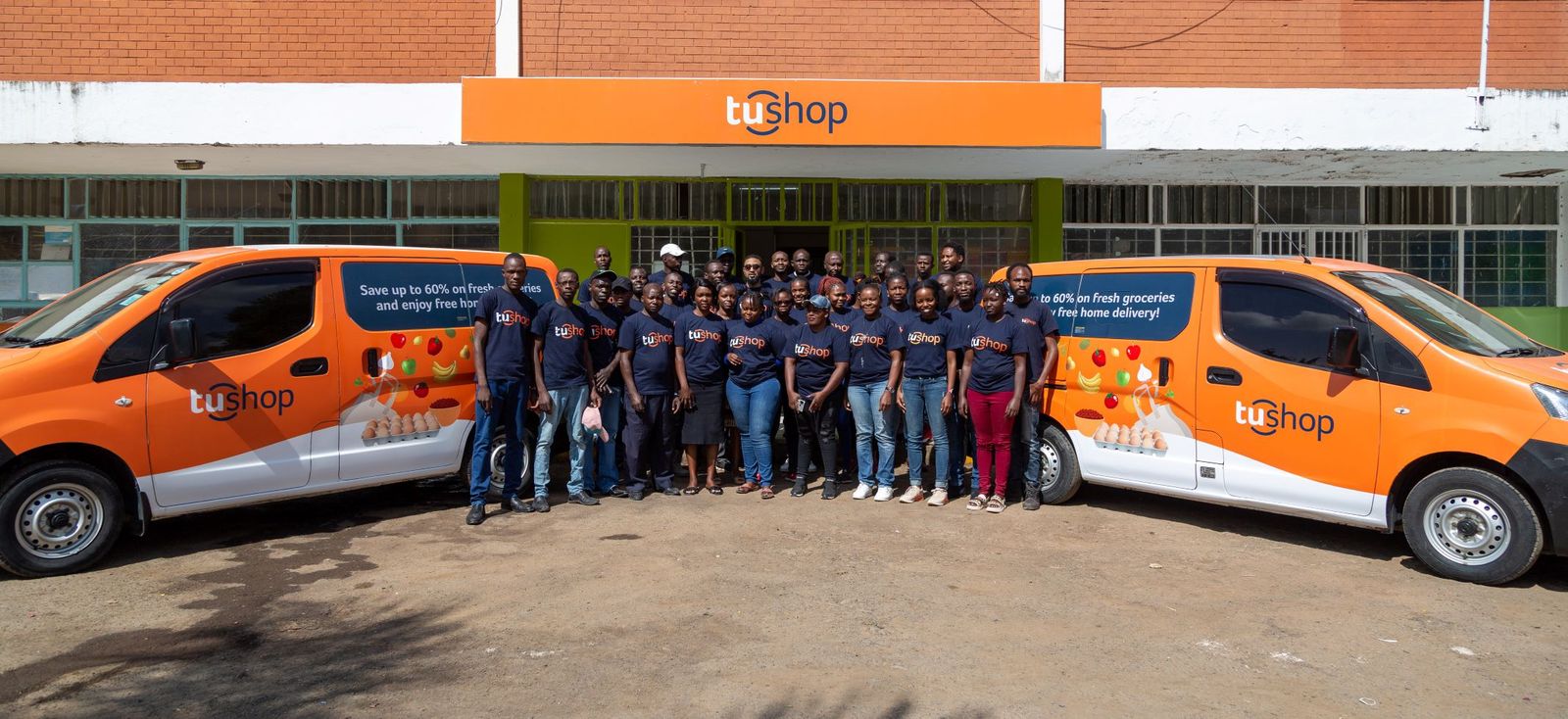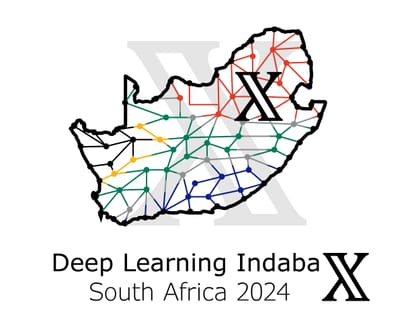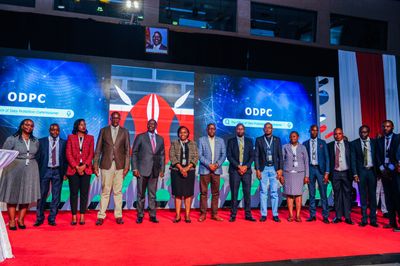Tushop, a Kenyan social-commerce platform that enables communities in Nairobi to buy groceries more cheaply with free delivery, has announced that it has secured $3 million in pre-seed funding to scale its community group-buying platform. The oversubscribed round included was led by 4DX Ventures and Wasoko with additional participation from a number of angel investors including Flutterwave’s CEO, GB.
The startup has said that it will be using the VC to grow its team, invest in technology to make its platform as easy to use as possible, and to further expand across Nairobi before rolling the service out to other cities in Kenya.
“Tushop is unique in this market because we know the customer – we are our own customers! We have grown up experiencing the problem of unaffordable food on the one hand and the need to have additional ‘side hustles’ on the other because of persistently low incomes. We also have first-hand experience of the difficulties manufacturers face when moving goods through a fragmented supply chain, which creates distance between them and the customers they serve. We are therefore hyper-focused on delivering a superior experience for suppliers, ‘side-hustling’ Community Leaders, as well as our end-customers in an integrated manner.” said Cathy Chepkemboi, Founder & CEO at Tushop.
Making access to groceries more affordable in Kenya
Tushop was founded in Kenya during 2021. The startup's mission is to make access to groceries more affordable and more convenient for Kenyans and eventually all Afrikans.
Community group-buying is a common concept across Afrika. It goes by different names depending on which country you are in. Research shows that community group buying saves consumers up to 60% on groceries compared to buying in supermarkets, dukas, or at “mama mbogas,” while providing the added convenience of free delivery.
Tushop works with “Community Leaders” who collate orders from their neighbors and manage door-to-door deliveries. This is aimed at simplifying last-mile delivery, but also gives the Community Leaders additional income for coordinating and delivering orders.
The problems that this model solves in Afrika are significant. For example, Kenyans on average spend 46% of their income on food (compared to 6% in America, 22% in China, and 16% in Brazil), and while community group-buying is still nascent, the market has enormous potential: Afrikans spend $260B yearly on food. Currently, the status quo is shopping at dukas, “mama mbogas”, supermarkets, open-air markets, or wholesalers, which are often less convenient and more expensive compared to community group-buying.
“We are stoked to be working with some of the leading investors globally and locally who really understand the African space from a logistics, tech, and payments perspective, and look forward to justifying their faith in us with future growth, and commercial success, and meaningful social impact. Wasoko’s investment in us is also a validating signal of the work we’ve done so far and we look forward to working closely with them to scale Tushop," concluded Chepkemboi.
— By Tefo Mohapi







